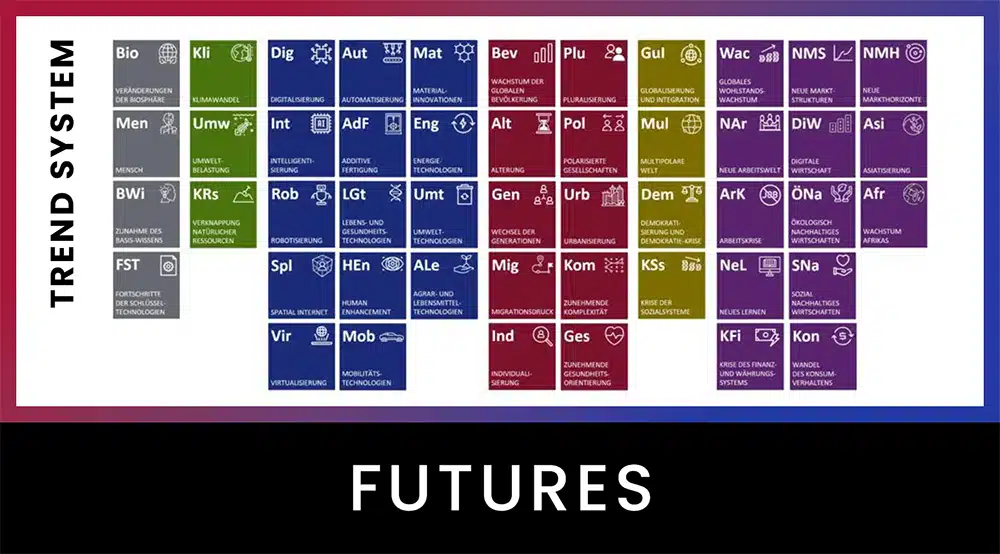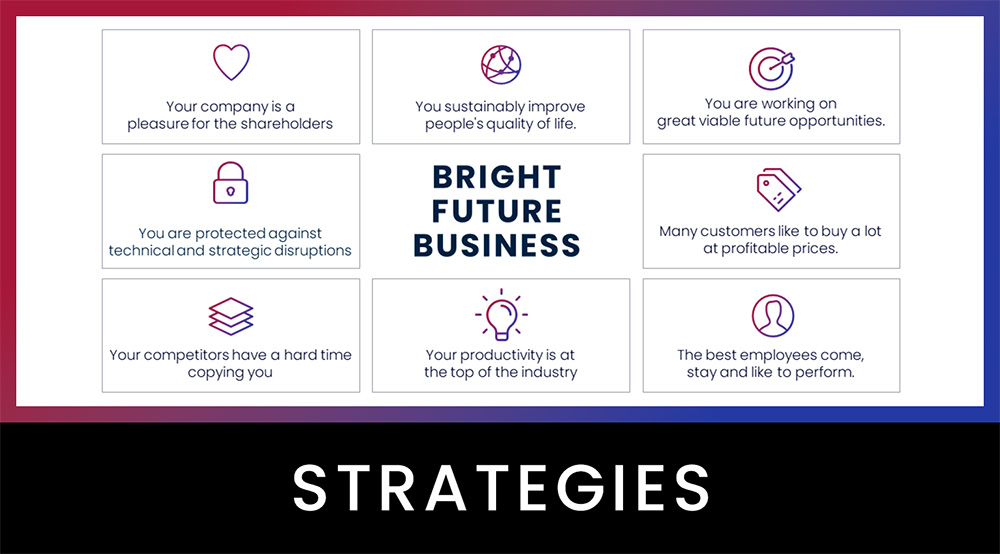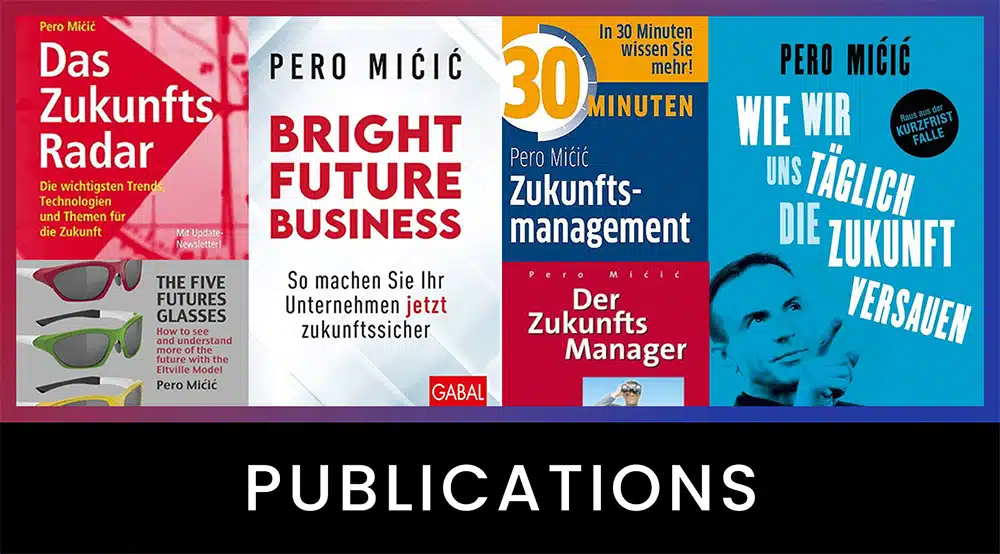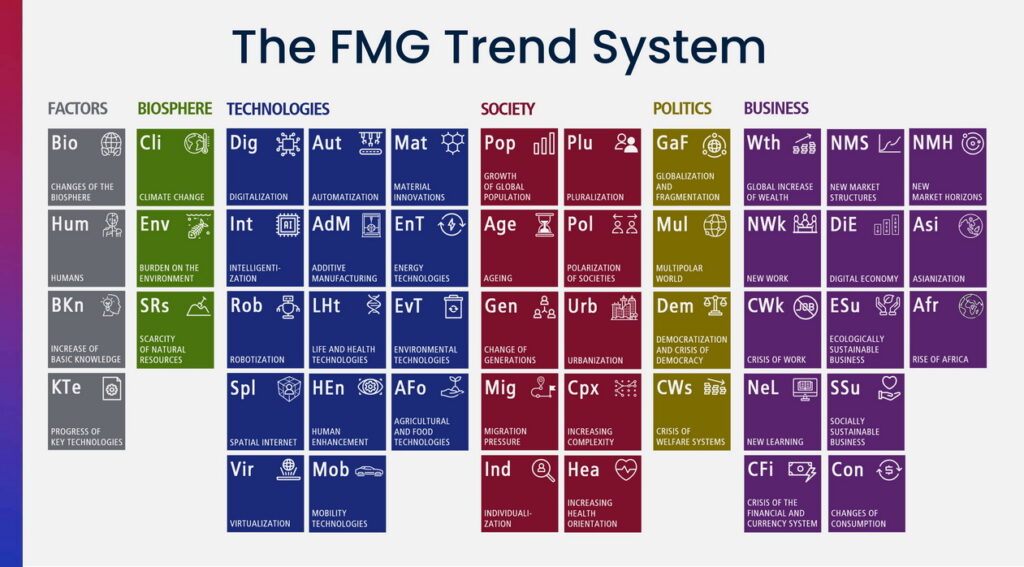The return of the luddites: Our future markets need more than just high technologies and knowledge professions
When the Luddites destroyed machines and even killed their inventors out of fear for their jobs at the beginning of the 19th century, they were trying to stop the beginning of a new era – albeit with the most inappropriate means imaginable. They simply could not imagine the new professions and markets that would emerge. Today it is not much different. Many companies, industries and professions will gradually reach the end of their era in Germany and Europe. Such things have been happening for thousands of years, but today at an increasing pace. Some companies and industries will go through structural crises only to emerge again into a new era. Others will disappear forever.
Qualification as an entrance ticket to the “Asian century”
For many employees and employers, these upheavals will indeed lead to professional, financial and even existential disasters. The world is open to highly qualified people. But at the other end of a more polarized labor market are those whose skills are less and less in demand. It is incomprehensible and downright outrageous to see how many young people today enter professional life with hardly any future-oriented qualifications, entirely without vocational training or even without a school-leaving certificate, or are even sent out. Thus, a dangerous potential for social and political conflict is growing. How are they supposed to earn a decent living for 40 to 50 years in the dawning “Asian century”? They are the ones we really need to worry about. Consequently, our future markets cannot and must not lie exclusively in high technologies and knowledge professions.

The future will offer us many more opportunities than the past
We are entering a multipolar economic world in which we in Europe will be a comparatively smaller but probably still competitive player and will be on an equal footing with many new competitors. And Europe has greater opportunities than we commonly believe. The fact that local companies sell a similar amount to Asia as we import from there is often overlooked. It is also often forgotten that the increasing prosperity of others, in this case the growing prosperity of the Chinese and Indians, is not a disadvantage but fundamentally an advantage for European companies.
The global middle class is growing at a rapid pace. It is expected to triple by 2030. Products, services and solutions from Germany and Europe will continue to be purchased by these people, who are becoming prosperous all over the world. If the increase in global prosperity at some point also takes place within the framework of the principles of ecological and social sustainability, one may also look to the future with great confidence in ethical and existential terms. However, we must recognize at an early stage when and how the era of our business areas will come to an end, adapt to changing markets in good time and open up new ones. In this process, we will have to produce and provide not only improved and completely new products, but also many tried and tested products in a simpler form and/or at significantly lower prices.
Companies are there to make people happier
Every innovation and every increase in prosperity leads to new problems and desires. In the future, they will be increasingly immaterial, spiritual and even soulful. We will see other activities than today as work for a living. The future will offer us many more opportunities than the past. The big challenge will be that these opportunities just won’t be as readily apparent.
Follow these links as well:
► The Future Strategy Program for SMEs
► Free video crash course THE FUTURE OF YOUR BUSINESS
► BUSINESS WARGAMING for robust business and future opportunities
► KEYNOTES by Pero Mićić for your employees and customers
Have a bright future!


































